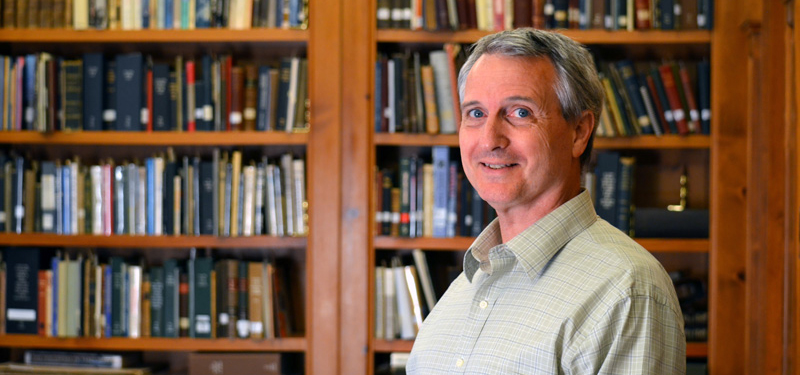Search engines simplify the process of researching local and city history. But they raise the question of how we know what is authentic — what is fact and what is fiction?
Thomas Cole, a Charlotte historian and librarian in the Robinson-Spangler Carolina Room in the main branch of the Charlotte Mecklenburg Library, offers invaluable advice on conducting online search into city and regional history.
“History gives you a sense of empathy for people in our past,” Cole says. “Others before us walked the same paths we’re walking in now, asking similar questions about the growth of the city, and how it should be managed, and how we balance the rights of property and the civil rights of all. We’re not the first generation to think about that. Other men and women who might otherwise be strange to us, but were here where we were, before us, and knew this corner and called it by the same name we call it.”
Cole makes three recommendations for people interested in doing online research into the history of Charlotte and Mecklenburg County:
1. Rely on websites with domains ending in .edu, .org and .gov. Unlike .com domains, these domains are commonly used for education, non-profit organizations, or are government-funded. Hidden agendas are more rare on these websites, and the sites usually aren’t trying to sell anything. However, that does not mean these websites are always safe. “Anyone can create an organization, and create a .org site. Just because something is for nonprofit, doesn’t mean that it doesn’t have an agenda. So, you have to read it until something alerts you,” explains Cole.
2. Recognize the difference between primary sources (a first-hand or original participant in the information or event in discussion) and secondary sources (a second-hand observer or reader of the historical event, often removed geographically and historically. This basic concept is important in all forms of historical research, online or otherwise. Secondary sources are also valuable, Cole says, because they tell you what other historians have found. “You can check up on them, doublecheck their specific assertions, rather than just flipping through primary sources like going through a haystack looking for needles.”
3. Realize the historical resources that are now available online. Three of these online resources — from the Charlotte Mecklenburg Library, the University of North Carolina at Charlotte, and the Charlotte Mecklenburg Historic Landmarks Commission — are listed to the right. Some resources still require a visit to a library or archive, including high school yearbooks and microfilm archives of The Charlotte Observer and The Charlotte News, between 1923 and 1985.
Doug Sewell is a senior communication major in the Knight School of Communication at Queens University of Charlotte. Photograph by Jim Neale.
